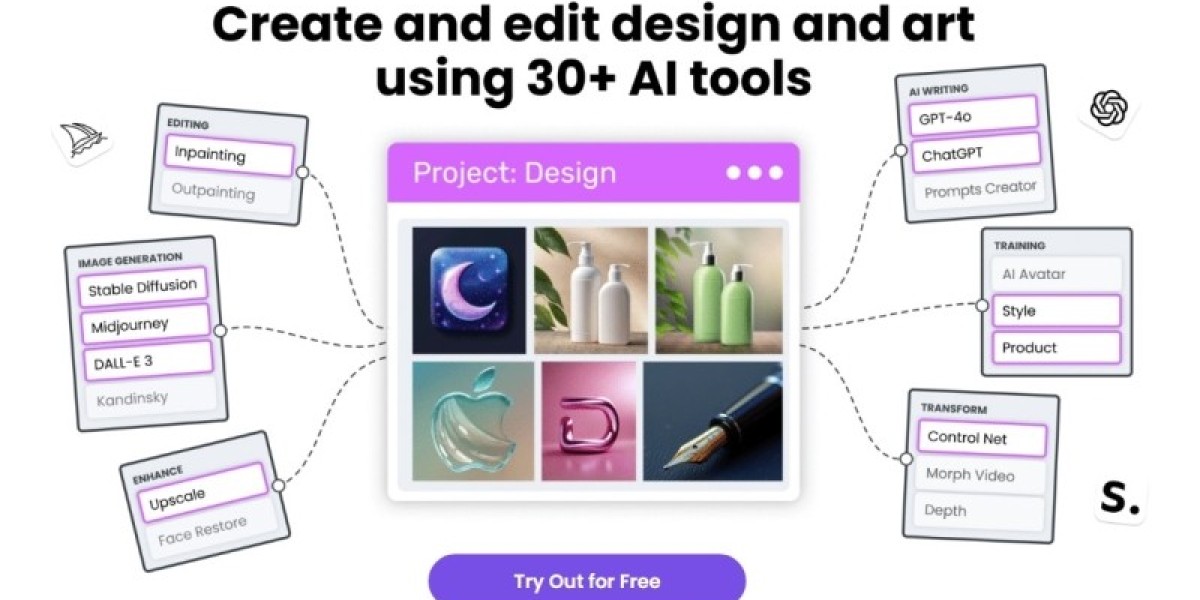What is Allergy Immunotherapy?
Allergen immunotherapy, also known as allergy shots or desensitization, involves administering gradually increasing doses of allergens to reduce hypersensitivity and relieve allergy symptoms. It is a medical treatment for environmental allergies, including allergic rhinitis, allergic asthma, stinging insect allergy, and atopic dermatitis. The principle behind immunotherapy is that it modifies a person's immune system response to allergens by reducing sensitivity. Over the course of treatment, patients build up tolerance to otherwise problematic allergens.
How Does Allergy Immunotherapy Work?
Allergens are extracts of substances that a person is allergic to, such as pollen, dust mites, cat dander, ragweed, mold, or insect venom. During immunotherapy, very small amounts of these allergens are injected under the skin or sometimes given as drops to swallow. The initial doses may cause minor symptoms but are well-tolerated. Over months or years of treatment, the doses are gradually increased until a therapeutic (or maintenance) dose is reached. This process of increasing the doses of specific allergens allows the patient’s immune system to develop tolerance against those allergens.
By exposing the immune system to larger amounts of allergen, immunotherapy works by changing the body's immune response mechanism from producing Immunoglobulin E (IgE) antibodies to producing different types of antibodies, such as IgG and IgA, that do not cause an allergic reaction. These blocking antibodies suppress or prevent an allergic reaction to the specific Allergy Immunotherapy also induces regulatory T cells that help dampen the allergic response. The results are long-lasting reduction of allergy symptoms and sometimes elimination of sensitivity to the allergen.
Types of Allergy Immunotherapy
There are two main types of immunotherapy used in clinical practice:
- Subcutaneous immunotherapy (SCIT): This involves giving injections of increasingly stronger doses of allergen extracts just under the skin, usually 2-3 times a week initially. It is effective but requires frequent doctor visits for treatment.
- Sublingual immunotherapy (SLIT): In SLIT, allergen extracts are given in the form of drops or tablets placed under the tongue and swallowed. SLIT has an advantage over SCIT of being self-administered at home but may require longer durations of treatment.
Both forms work towards the same goal of modifying the body's immune response to allergens through gradually increasing amounts of exposure in a controlled medical setting. The selection between SCIT and SLIT depends on the type and severity of allergies, patient preference, and other medical factors.
Effectiveness of Allergy Immunotherapy
Numerous research studies and clinical trials have proven immunotherapy to be a safe and highly effective long-term treatment for allergies. Some key advantages are:
- Symptom relief: Patients report significant reductions in symptoms of allergic rhinitis (hay fever), allergic conjunctivitis, allergic asthma, and stinging insect hypersensitivity. Symptom control is seen in over 80% of patients.
- Medication reduction: Patients are able to reduce or stop using medications like antihistamines and decongestants that provide temporary relief but do not treat the cause. Studies show up to 60% reduction in medication needs.
- Longevity of effect: Effective immunotherapy provides protection against allergies that can last for 3-5 years or more after treatment is stopped. This makes it the only treatment that can modify the natural course of the disease.
- Quality of life improvement: By reducing symptoms and medication reliance, immunotherapy substantially improves quality of life, daily activities, sleep quality, and work/school productivity for patients.
- Cost-effectiveness: While the initial treatment costs are higher than medication alone, long-term cost savings are significant due to reduced doctor visits and medication expenses. Studies show it is cost-effective compared to chronic drug treatment.
Safety of Allergy Immunotherapy
When administered and monitored properly by experienced healthcare professionals, immunotherapy is a very safe treatment. The most common side effects include mild symptoms at the injection site like redness or swelling and systemic reactions like rhinitis, asthma, or eczema flares.
However, the risk of a severe allergic reaction called anaphylaxis is extremely low at less than 0.1%. To minimize risks, practices employ procedures like keeping patients at the clinic for 30 minutes after injections and training staff to recognize and treat reactions promptly if needed. Many offices have epinephrine available. The safety risk is usually outweighed by the benefits of long-term disease modification with immunotherapy.
Allergen-specific immunotherapy is a mainstream medical treatment approach proven to be safe and effective for managing environmental allergies from pollen, dust, pets, and insects. By modifying the immune system's response, it offers the only chance for patients to achieve long-lasting relief of symptoms without the need for continual drug treatment. With proper administration under medical supervision, immunotherapy can greatly improve quality of life for those suffering from allergic diseases.
For More Insights Discover the Report In language that Resonates with you
Get more insights: Allergy Immunotherapy
Explore more article: Gene Therapy Market
About Author:
Alice Mutum is a seasoned senior content editor at Coherent Market Insights, leveraging extensive expertise gained from her previous role as a content writer. With seven years in content development, Alice masterfully employs SEO best practices and cutting-edge digital marketing strategies to craft high-ranking, impactful content. As an editor, she meticulously ensures flawless grammar and punctuation, precise data accuracy, and perfect alignment with audience needs in every research report. Alice's dedication to excellence and her strategic approach to content make her an invaluable asset in the world of market insights.
(LinkedIn: www.linkedin.com/in/alice-mutum-3b247b137 )








